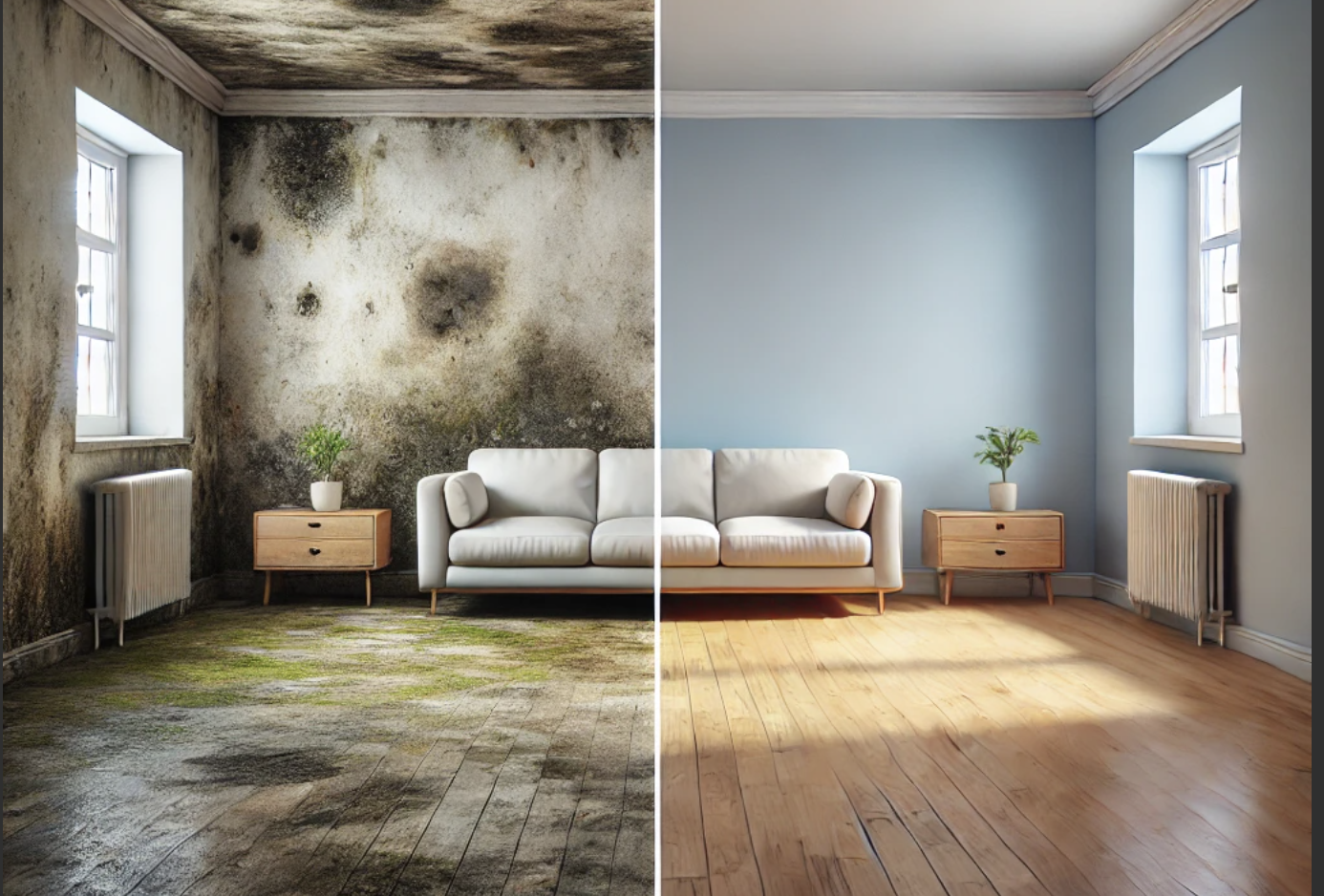
Why test for Mold?
Health Risks
Mold exposure can trigger allergic reactions, asthma attacks, and other respiratory problems, especially in children, the elderly, and those with weakened immune systems.
Some molds produce mycotoxins that can be harmful, leading to more severe health problems such as chronic fatigue, headaches, and even neurological issues.
Property Value
Mold can weaken the structural integrity of a building by damaging walls, floors, and ceilings, leading to costly repairs.
Mold problems can decrease a property’s resale value. Potential buyers may be deterred if mold issues are discovered during a home inspection.
Legal and Financial Implications
New York has strict regulations regarding indoor air quality, especially in rental properties. Property owners may be legally required to address mold issues to avoid fines and lawsuits.
Property owners can be held liable if tenants or occupants suffer health problems due to mold exposure, potentially leading to expensive legal battles.
Preventing Future Problems
Regular mold testing can help detect mold issues early, preventing more extensive and costly infestations.
Identifying mold often points to underlying moisture problems, such as leaks or poor ventilation, that can be fixed before they cause further damage.